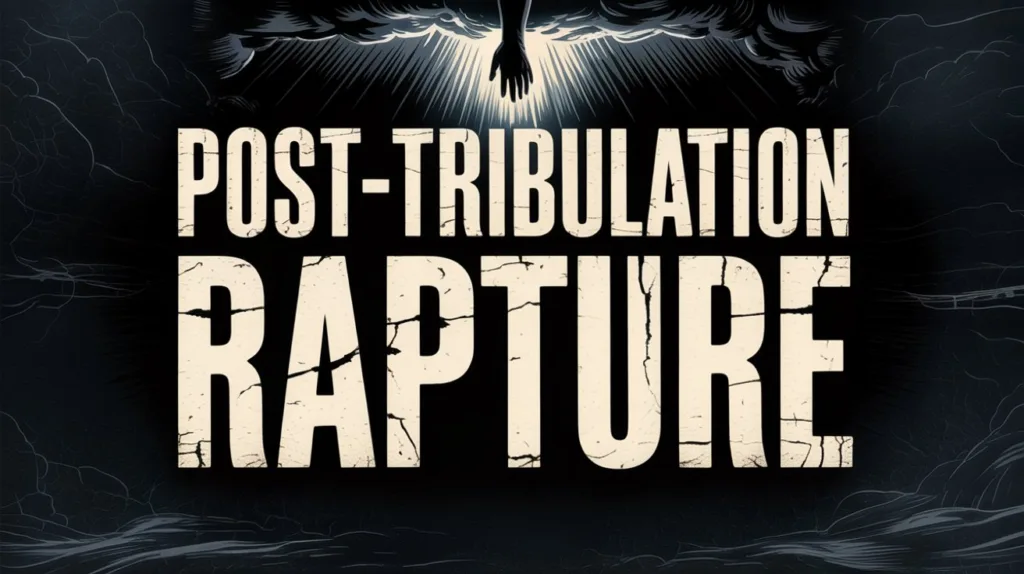Balaam blessed Israel instead of cursing them because God directly intervened and put His words in Balaam’s mouth. Though Balaam was hired by Balak to curse Israel, he could only speak what God commanded, showing that no power or sorcery can stand against God’s covenant people when they are under His protection.
Balak, the king of Moab, was afraid of Israel and summoned Balaam:
“Please come at once, curse this people for me, for they are too mighty for me… perhaps I shall be able to defeat them…”
(Numbers 22:6)
God warned Balaam:
“You shall not go with them; you shall not curse the people, for they are blessed.”
(Numbers 22:12)
Eventually, God permitted Balaam to go, but only to speak His words:
“Only the word that I speak to you, that you shall do.”
(Numbers 22:20)
As Balaam attempted to speak curses, God turned each one into a blessing:
“How shall I curse whom God has not cursed? And how shall I denounce whom the Lord has not denounced?”
(Numbers 23:8)
Each time, Balak grew more frustrated, but Balaam could not be bribed to speak against God’s will:
“Have I not told you, saying, ‘All that the Lord speaks, that I must do’?”
(Numbers 23:26)
In the end, Balaam blessed Israel three times and prophesied the coming of a ruler from Jacob:
“A Star shall come out of Jacob; a Scepter shall rise out of Israel…”
(Numbers 24:17)
Though Balaam obeyed God’s voice in speaking blessing, he later advised Balak to lead Israel into sin through idolatry and immorality (Numbers 31:16; Revelation 2:14). For that, he was judged.
The incident shows God’s providential protection over His people and His power to override every scheme against them.





 Get the book that teaches you how to evangelize and disarm doctrines from every single major cult group today.
Get the book that teaches you how to evangelize and disarm doctrines from every single major cult group today.